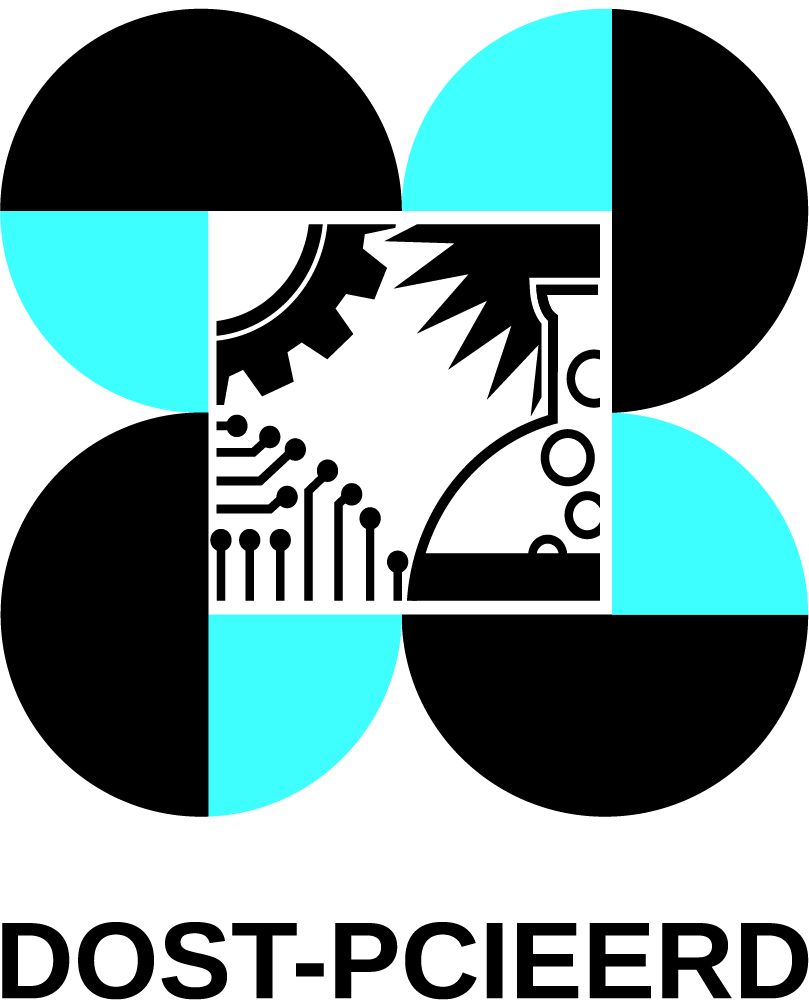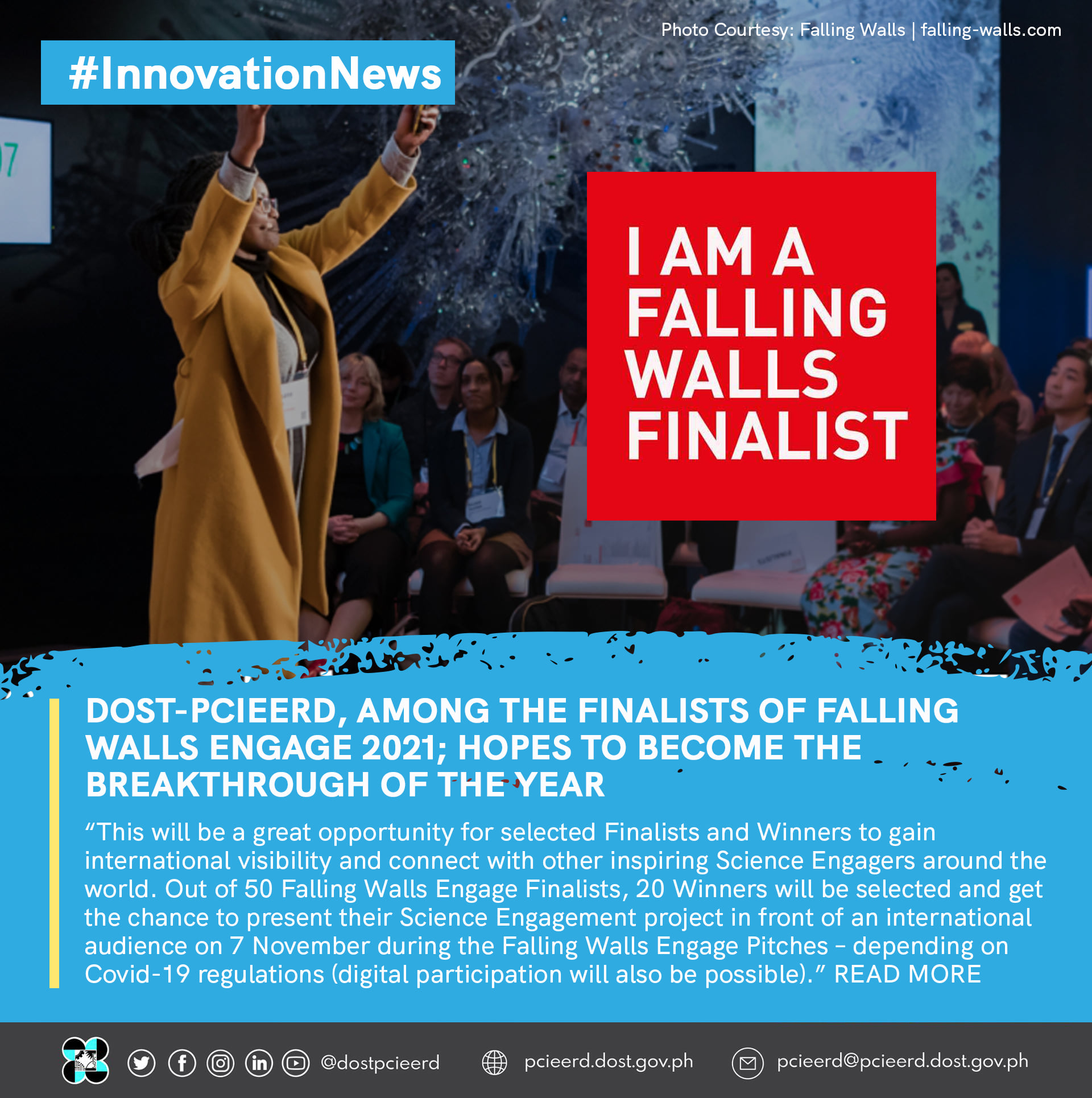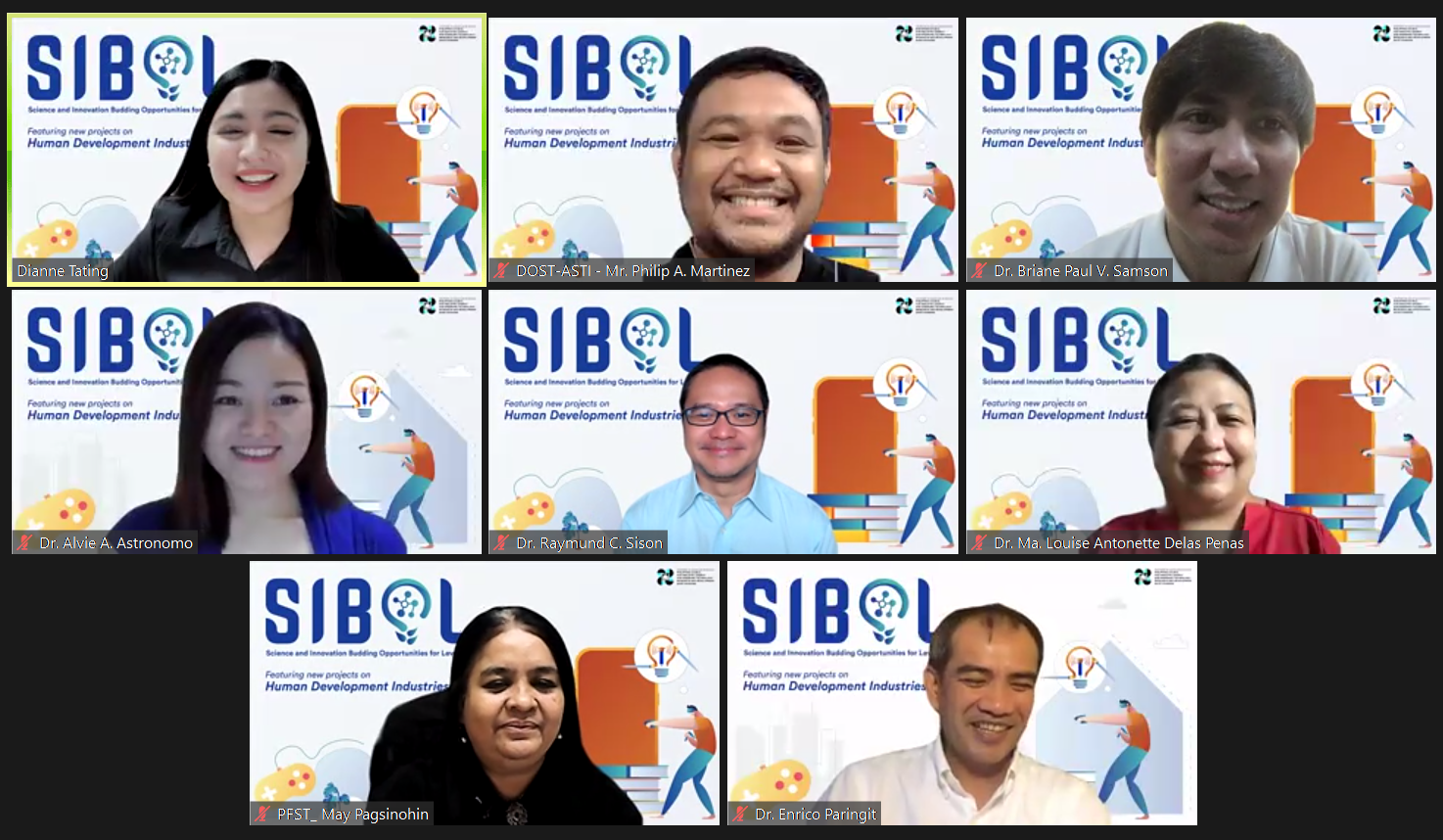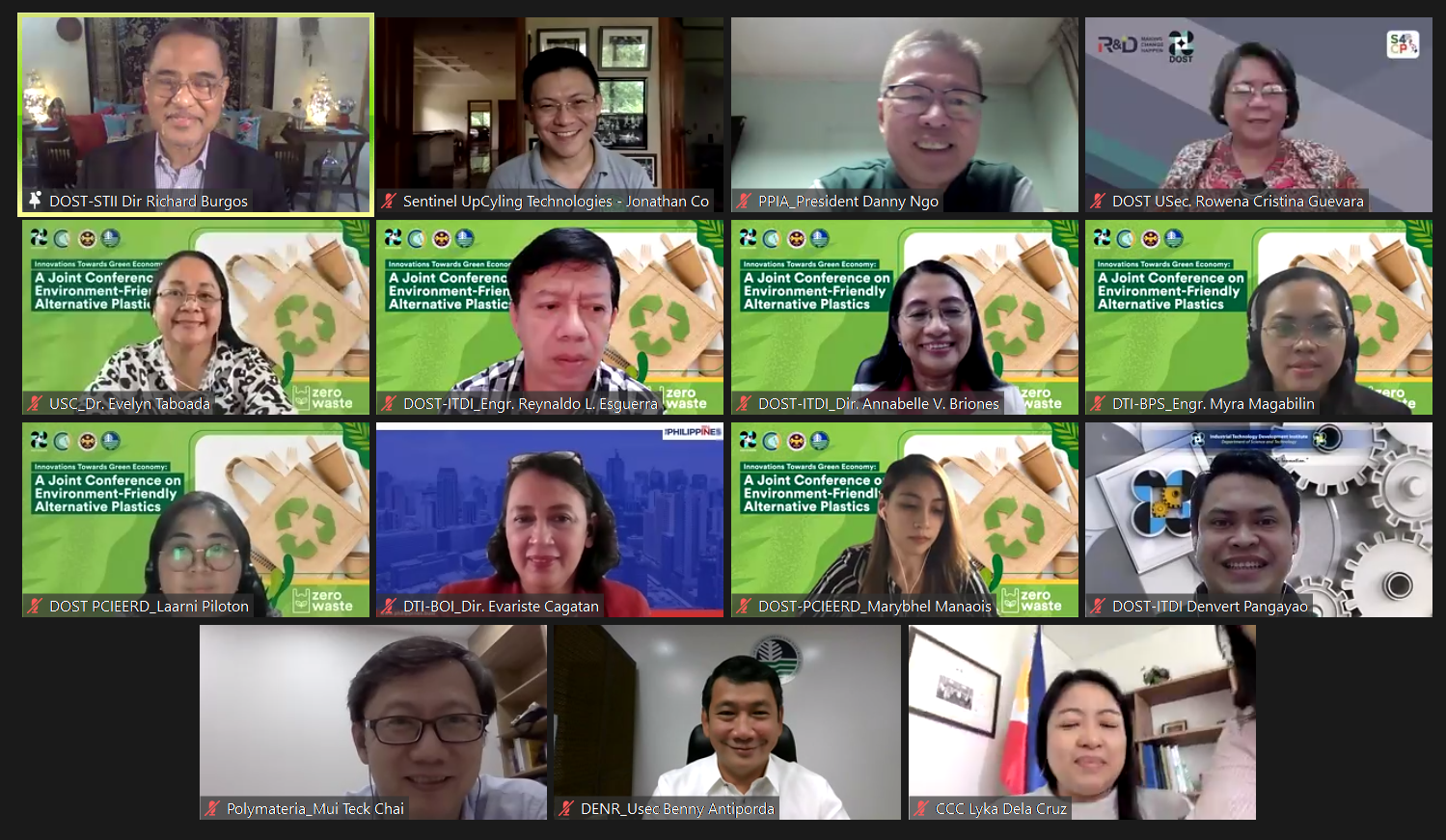As a nod to initiatives in the scientific field communicated in the Filipino language, the Komisyon sa Wikang Filipino (KWF) awards the Selyo ng Kahusayan sa Serbisyo Publiko to the Department of Science and Technology – Philippine Council for Industry, Energy and Emerging Technology Research and Development (DOST-PCIEERD).
“Nagpapasalamat kami sa KWF para sa kanilang pagkilala sa ating mga inisyatiba para suportahan ang paglilinang ng wikang Filipino sa ating mga proyekto at programa. Ibinabahagi namin ang parangal na ito sa mga mananaliksik at kawani ng DOST PCIEERD na siyang nagsasanib pwersa para maitaguyod ang mga adhikain ng pagsusulong ng wikang Filipino,” said DOST PCIEERD Executive Director Dr. Enrico C. Paringit.
DOST-PCIEERD will receive the prestigious award in KWF’s virtual event on August 31, in celebration of the Buwan ng Wikang Pambansa.
KWF established the Selyo ng Kahusayan sa Serbisyo Publiko in 2016 to recognize government agencies and local government units (LGUs) that have shown excellence in the use of the Filipino language in serving Filipinos.
This year, KWF focused on the use of Filipino in the social media posts and campaigns of agencies and LGUs.
DOST PCIEERD supports the advancement of the Filipino language through research and development projects like:
- Project Marayum - a collaboratively built online dictionary platform for Philippine languages. Its goal is to empower native language speakers to create and curate an online dictionary of their language without needing to have technical expertise in website design, implementation, and maintenance.
- Senti AI – a DOST PCIEERD supported startup that provide social media monitoring services that is focused on understanding Filipino. To process social media posts better, they have developed a machine learning -based language classifier that automatically detect the language of any document. The product will allow the clients to view the market behavior on social media as well as the real time conversations about their brands.
The Innovation Council also uses the Filipino language in its social media pages for announcements and sharing information about breakthroughs in its researches.
“Nakikiisa kami sa KWF sa adhikain nitong linangin at palaganapin ang paggamit ng wikang Filipino sa bansa. Lalo pa naming paiigtingin ang paggamit ng wikang Filipino sa aming mga opisyal na gawain at sa aming mga pakikipagtalastasan,” added Paringit.








